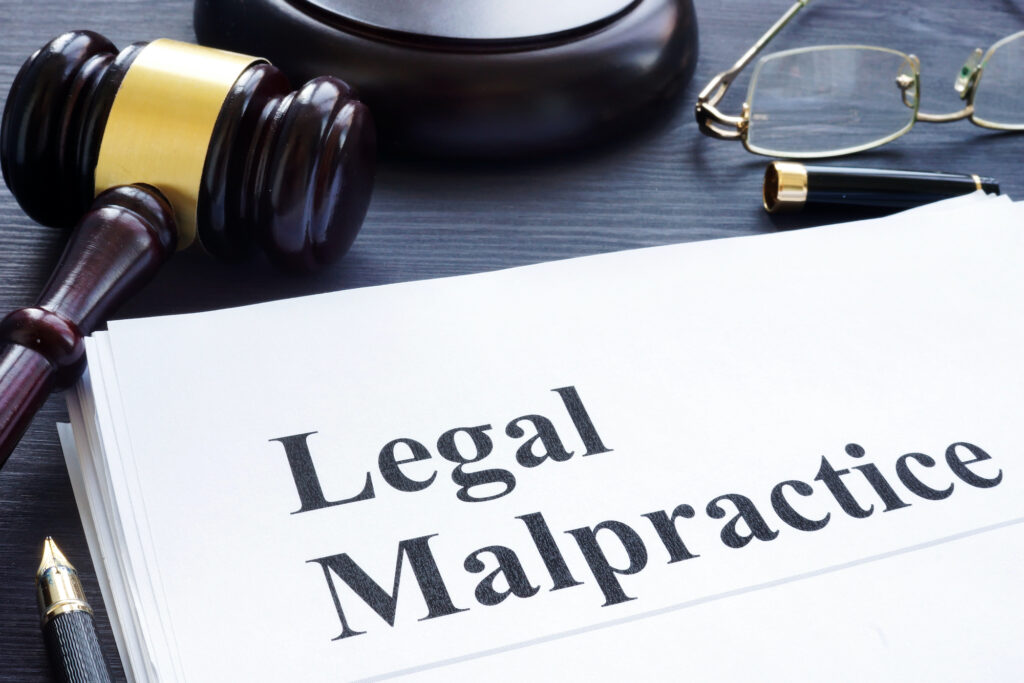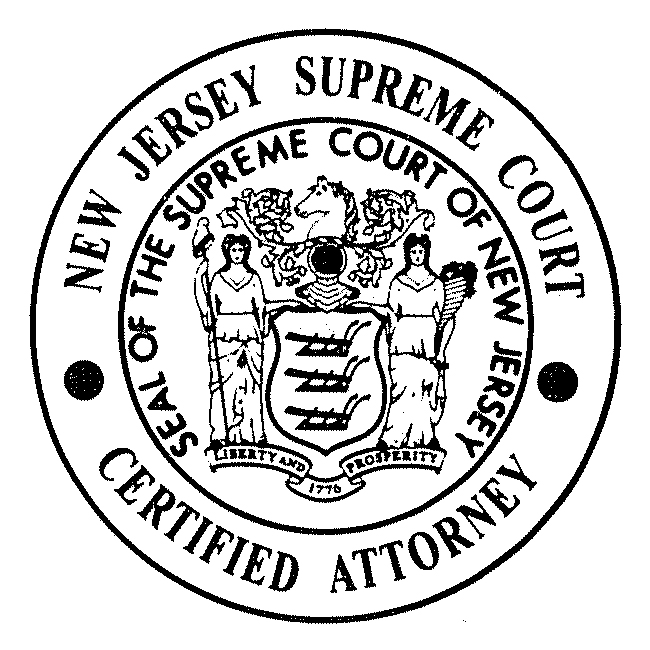Understanding the basics of legal malpractice

Legal malpractice occurs when your attorney does not live up to the standards that are expected of lawyers. All attorneys have a code of conduct that guides their behavior. For example, all lawyers have an obligation to protect the legal interests and rights of their clients. When they don’t do that and cause harm to the clients instead, then they are liable for legal malpractice. Let us look more closely at this concept.
Legal Malpractice Defined
One of the things that make legal malpractice hard to spot when it happens is the fact that each case of legal malpractice is different and is evaluated as such. This is because when a lawyer promises to take up a case, they can’t promise an outcome of the case. The only thing that they are required to do is to ensure that they adhere to the guidelines stipulated by the law regarding their conduct.
Proving legal malpractice then becomes a delicate task. One may have to prove that the attorney in question not only acted to the detriment of the client but also made errors that aren’t expected to happen within reasonable limits.
Legal Malpractice vs. Ethical Issues
To make things even more complicated, legal malpractice is different from an ethical complaint and both are handled differently. Ethical issues are investigated by the Ethics Committee, which does not focus on legal malpractice. A good example of an ethics issue is if a lawyer in question stole money from a client. The Ethics Committee would investigate the matter and compensate the client from a special fund known as the Client Protection Fund. This form of compensation is different from a financial award that may be given to a client for winning a legal malpractice case against his or her client.
How the Two are Linked
When attorney ethics are violated, it does not mean that legal malpractice has occurred. Instead, violation of ethics is itself powerful evidence in a legal malpractice case. A good example is keeping a client informed of the status of his or her case. Good ethical behavior requires all lawyers to keep their clients informed on the status of the case every step of the way. If a lawyer chooses not to do that, then he or she has violated the code of ethics. Informing a client or not doing so, however, does not affect the status of the case nor the outcome. In such a case, the client does not have enough grounds to bring a legal malpractice case against his or her lawyer.
Examples of Legal Malpractice
There are numerous instances that could qualify as legal malpractice. They include cases where a lawyer fails to follow up on an issue and causes the client’s case to be dismissed. They also include failure by an attorney to file a case within the stipulated time causing the client to be barred from pursuing justice. Now, not all cases of legal malpractice have a criminal aspect to them. In fact, most of them are usually linked to negligence.
Looking for an assessment of whether your case meets the standards for legal malpractice? Come talk to Team Law about it. We are a highly professional law firm with years of legal experience under our belt. Talk to us today.
 CALL NOW
CALL NOW 





